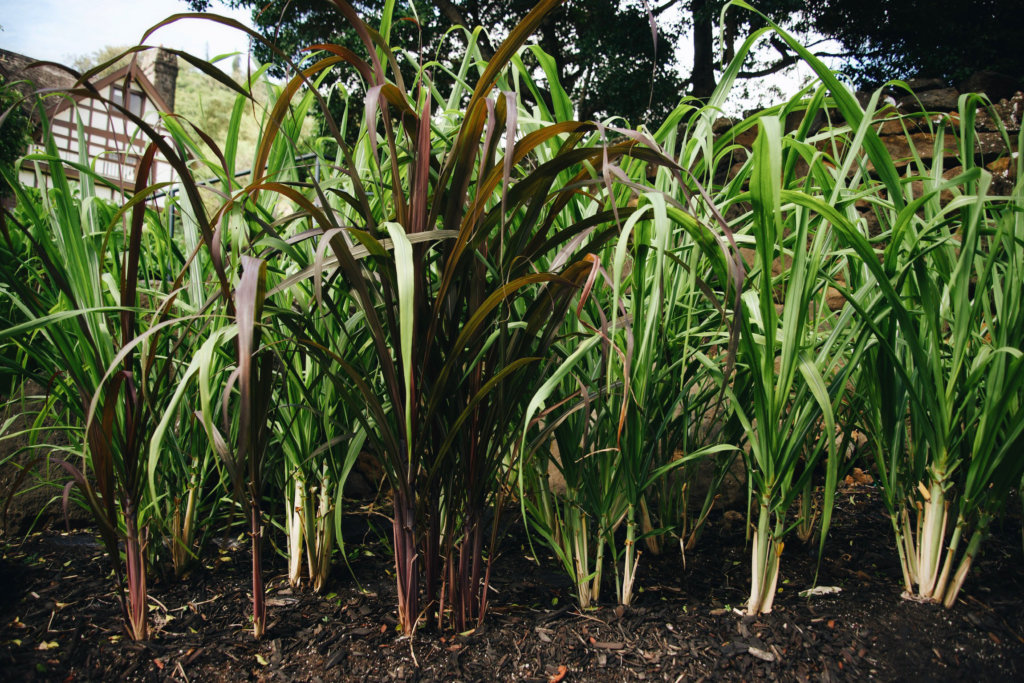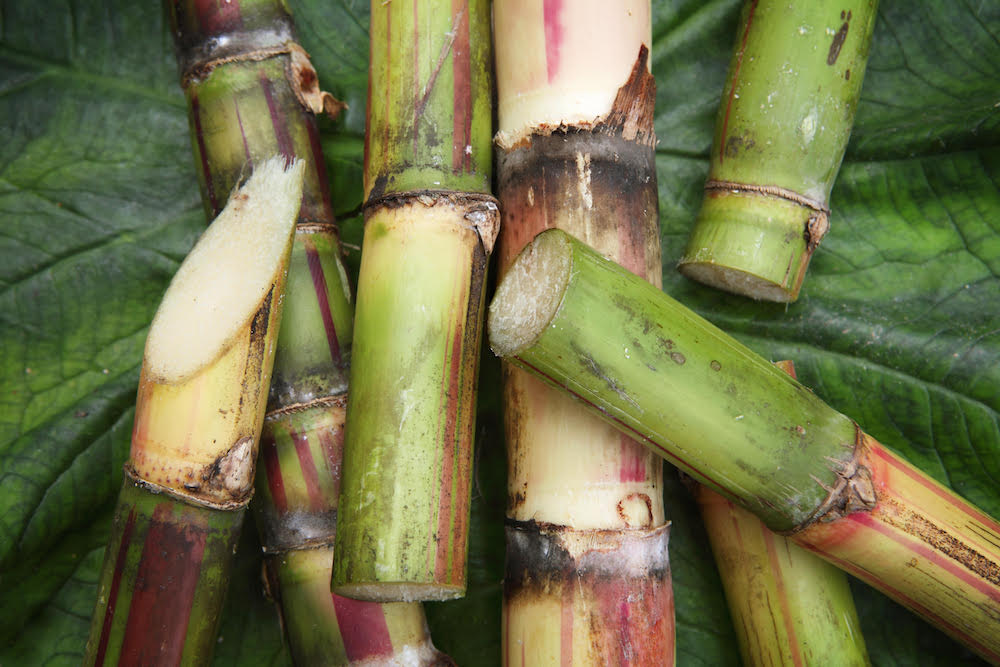The Environmental Impact of Growing Sugar and Cane in Various Regions
The Environmental Impact of Growing Sugar and Cane in Various Regions
Blog Article
Why Walking Cane Sugar Processing Chemicals Are Important for Modern Sugar Refining
The duty of walking cane sugar handling chemicals in contemporary sugar refining can not be overstated, as they are indispensable to improving both the efficiency of removal and the general top quality of the final item. Representatives such as phosphoric acid and particular flocculants are utilized to get rid of impurities, resulting in sugar that not just meets customer expectations however also sticks to industry criteria.
Role of Processing Chemicals
The efficiency of walking stick sugar processing pivots substantially on the calculated application of processing chemicals. These chemicals play a pivotal duty in enhancing the performance and top quality of sugar extraction and refining. From the first phases of juice extraction to the last filtration steps, handling chemicals help with various essential procedures.
In the extraction stage, chemicals such as phosphoric acid and calcium hydroxide are used to enhance the information process, helping to remove pollutants and put on hold solids from the cane juice. This not just enhances the return but likewise guarantees the quality of the final item. Furthermore, representatives like flocculants aid in the rapid settling of impurities, therefore simplifying the general process.
Turned on carbon and ion exchange materials serve to get rid of shade and odor, making certain that the polished sugar fulfills consumer top quality requirements. Thus, the meticulous selection and application of these chemicals are crucial for accomplishing optimal outcomes in walking stick sugar handling.
Trick Types of Chemicals
Walking cane sugar handling depends on a variety of essential chemicals that facilitate each stage of production. These chemicals play necessary roles in making clear, bleaching, and detoxifying the sugar removed from walking cane.
One key classification of chemicals consists of flocculants, such as polyacrylamide, which aid in the clarification procedure by promoting the aggregation and settling of impurities. In addition, calcium hydroxide is typically utilized to neutralize acidity and aid in the elimination of non-sugar components.
Bleaching representatives, such as triggered carbon and sulfur dioxide, are used to decolorize the syrup, leading to a clearer end product. These chemicals assist remove shade compounds that might influence the sugar's look and bankability.
Additionally, phosphoric acid functions as a pH regulatory authority during the processing stages, ensuring ideal problems for the enzymatic activities associated with sugar extraction and purification.
Various other important agents consist of edta (ethylenediaminetetraacetic acid), which chelates metal ions that could catalyze unfavorable reactions, and sodium hydroxide, which aids in pH control throughout the refining procedure. Jointly, these chemicals enhance performance and guarantee a top quality cane sugar product.
Benefits for Sugar Quality
Usually ignored, the use of specific handling chemicals dramatically improves the general top quality of walking cane sugar. These chemicals play a critical duty in refining procedures, making sure that the last product satisfies rigorous market standards for purity and preference.

In addition, processing chemicals aid in accomplishing a regular granulation and structure, which are essential for consumer approval. By regulating the formation process, these chemicals guarantee that the sugar crystals create evenly, leading to a much more enticing item that dissolves well in numerous applications.
Additionally, using these chemicals can enhance the service life of cane sugar by minimizing dampness absorption and microbial growth. In general, the critical application of handling chemicals is necessary for supplying premium walking stick sugar that fulfills customer expectations and sector needs.
Ecological Effect Factors To Consider

Additionally, the energy-intensive nature of sugar refining, worsened by chemical usage, usually results in increased carbon discharges. This contributes to climate important source modification and elevates concerns regarding the sustainability of existing refining methods. Additionally, the sourcing of these chemicals may include techniques that endanger biodiversity, such as monoculture farming, which minimizes the durability of agricultural ecological communities.

To alleviate these impacts, sugar refiners are increasingly exploring lasting alternatives and adopting ideal techniques that decrease chemical use. Executing strenuous ecological monitoring systems can help guarantee that the refining procedure aligns with environmental criteria and advertises biodiversity. Ultimately, a balanced strategy that focuses on both sugar high quality and ecological stewardship is crucial for the long-lasting stability of the sugar sector.
Future Patterns in Refining
As the sugar sector comes to grips with the environmental obstacles related to traditional refining methods, ingenious strategies are emerging to improve both efficiency and sustainability. One significant trend is the adoption of eco-friendly chemistry principles, which prioritize the use of safe, eco-friendly processing chemicals. This change not just minimizes ecological impact but likewise addresses customer need for cleaner production techniques.
One more appealing advancement is the implementation of innovative filtration modern technologies, such as membrane separation and adsorption procedures. These methods boost the clarity and high quality of the sugar while reducing the volume of wastewater produced throughout refining. In addition, the assimilation of digital modern technologies, consisting of IoT and AI, is transforming functional effectiveness by enabling real-time tracking and predictive maintenance, thus reducing resource waste.
Additionally, using byproducts from sugar refining, such as bagasse and molasses, is obtaining grip. These products can be transformed right into biofuels or value-added items, contributing to a circular economy within the industry. Jointly, these patterns signal a change in the direction of more sustainable practices that not just boost functional efficiency however also straighten with worldwide sustainability goals, guaranteeing the future stability of sugar refining.
Conclusion
Walking stick sugar handling chemicals are necessary in modern-day sugar refining, significantly improving the performance and top quality of sugar extraction. The tactical usage of these chemicals not just improves the pureness and taste of the end product however likewise guarantees constant formation and texture. As the market increasingly prioritizes sustainability, the adoption of environmentally-friendly processing agents is most likely to shape future trends in refining, eventually leading to better products and prolonged service life for consumers.

Eventually, a balanced technique that focuses on both sugar quality and environmental stewardship is necessary for the long-lasting stability of the sugar market.
Walking stick sugar processing chemicals are important in contemporary sugar refining, substantially boosting the performance and top quality of sugar removal.
Report this page